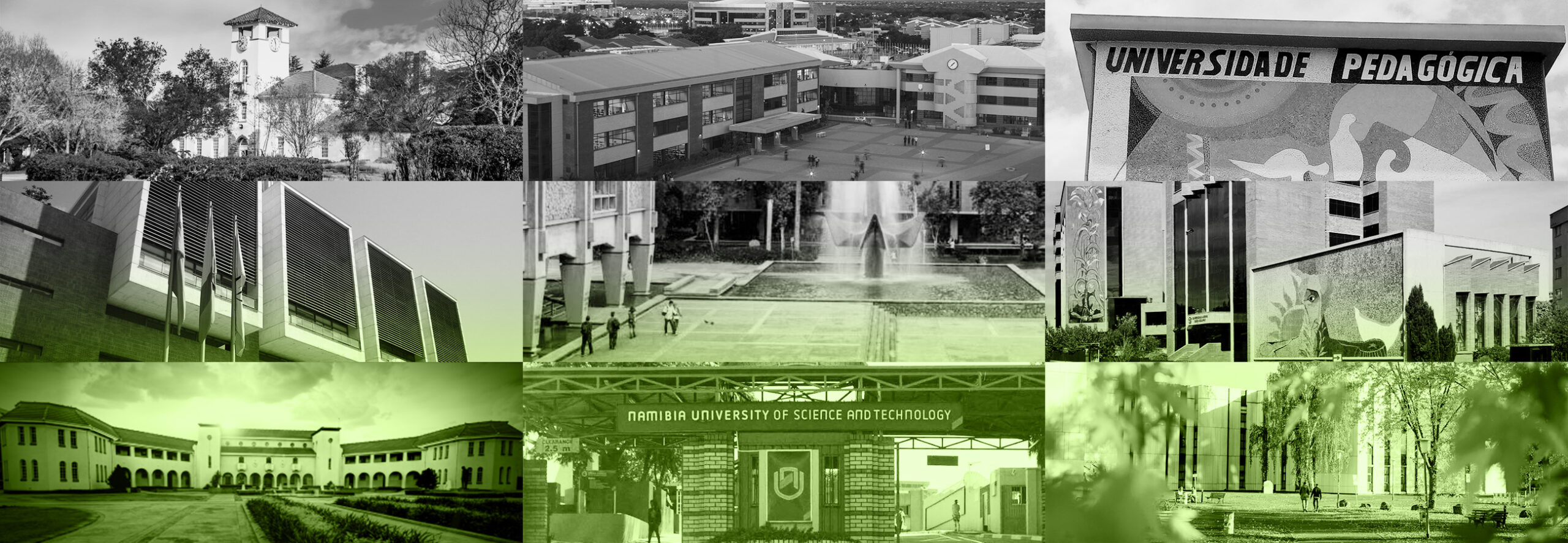

PLUS is a network concerned with aspects of sustainability
PLUS consists of nine universities in southern Africa, Latin America, and Germany. It is Funded by German Academic Exchange Service (DAAD)
By its focus on the “Planetary Utilization of Sustainability Strategies” (PLUS), it aims to establish a strong network in higher education that is engaged with the communication of social sciences expertise in sustainability and, therefore, to the education of future leaders within a global transformation towards a sustainable world. Hence, following a broad understanding of sustainability, the network’s interest ranges from questions of ecology to social inequality, participation, resource extractivism, etc.
PLUS intends to expand capacities for a critical reflection of sustainability-related issues and provides expertise for a more concise dealing with those challenges that today emerge in a world that is confronted worldwide with the limits of seemingly infinite progress in modern industrialism.
PLUS is driven by the idea that the current challenges for sustainable development can only be solved through global cooperation and by the establishment of collaborative discourse cultures on a global scale. Therefore, PLUS contributes to building such a discourse and cooperation network between its participating partners. Southern Africa and Latin America are both exposed to drastic socio-ecological transformation consequences, that exacerbate existing social inequalities. The scarcity of resources such as water and food will also increase distributional struggles.
Our network is tracing such lines of contemporary conflict by the systematical integration of perspectives that are formulated in the participating regions, via a critique of epistemologies that unfold global hegemony, and by efforts for the development of alternative concepts for sustainable development.
Thus, southern Africa and Latin America do not only figure as exemplary settings for the consequences of global problems but also as correctors for dominant problem definitions and knowledge orders. In keeping with the 2030 Agenda, transformation processes of society and ecology are to be sustainably (co-)shaped in such a way that access to new practices of social cohesion is unlocked.